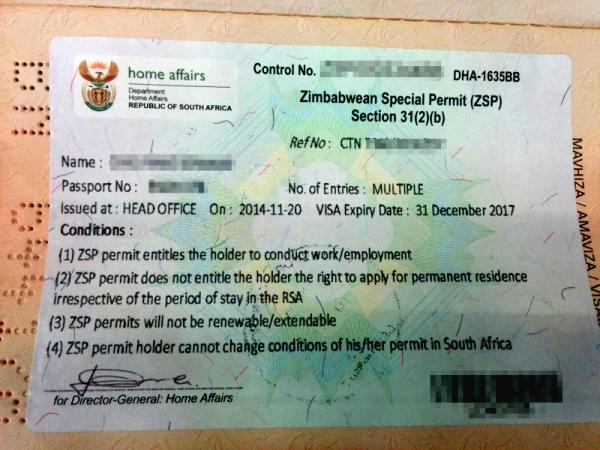The Helen Suzman Foundation (HSF), represented by DLA Piper (www.DLAPiper.com) and Advocate Steven Budlender SC, has been successful in challenging the Minister of Home Affairs over the legality of terminating the Zimbabwean Exemption Permit regime (ZEP) in the Pretoria High Court. The ruling, announced on 28 June, deems the Minister’s actions unconstitutional. The termination of the ZEP regime would have resulted in at least 178 000 Zimbabwean people, who have been legally living, working and attending school in South Africa under the regime for over a decade, being left undocumented and susceptible to deportation.
In 2021, South Africa’s Home Affairs Minister, Aaron Motsoaledi, took the decision to terminate the ZEP regime without consultation with affected persons or the country at large. HSF subsequently brought the case before the High Court arguing that the Minister’s decision was unconstitutional, unlawful and invalid. This week, the Court found in favour of HSF, a result celebrated by the thousands of legally settled Zimbabweans who had faced becoming illegal immigrants overnight.
HSF made a series of arguments in support of its belief that the decision was unconstitutional. The first is that the decision was made without consulting ZEP holders or the South African public more broadly, an entitlement enshrined in the Constitution for decision-makers when exercising public power, making the process unfair. This deprived the Minister of appreciating the true impact that his decision would have on the lives of ZEP holders. Another argument is that given the destructive effect that the abrupt termination of ZEPs will have on the lives of its holders and their children, the Minister’s decision unjustifiably limits their constitutional rights.
As a result of the High Court’s ruling, the Minister’s decision to terminate ZEPs has been ruled invalid and is set aside. Further to this, the Court has ordered the Minister to reconsider his decision following a proper, procedurally fair process, within 12 months.
Nicole Fritz, Director at the Helen Suzman Foundation (HSF), commented: “The ZEP is considered by many to be a progressive Pan-African scheme that has aided the management of migration and fostered socioeconomic stability across Southern Africa. While this case is centered around ZEP holders, the principles of the case are of concern to all who live in South Africa. Hasty government action that does not respect everyone’s right to be fairly consulted when their rights are adversely affected should be opposed in all its manifestations. This, so that South Africa can be a place where government exercises its power fairly, deliberatively and with full sight of its consequences.”
Nicolas Patrick, Pro Bono and Responsible Business partner at DLA Piper, added: “HSF brought this case on behalf of ZEP holders who have lived in South Africa lawfully for well over a decade and have contributed to this country in myriad ways. The Minister’s decision to terminate ZEPs without the consultation of those directly affected would have imposed a magnitude of harm on some 178,000 people and their families, so we are delighted that it has been ruled unconstitutional. In reaffirming the right to representations, a fundamental principle of South African law, the court upholds and safeguards the rights not only of ZEP holders but of every South African.”



Leave a Reply